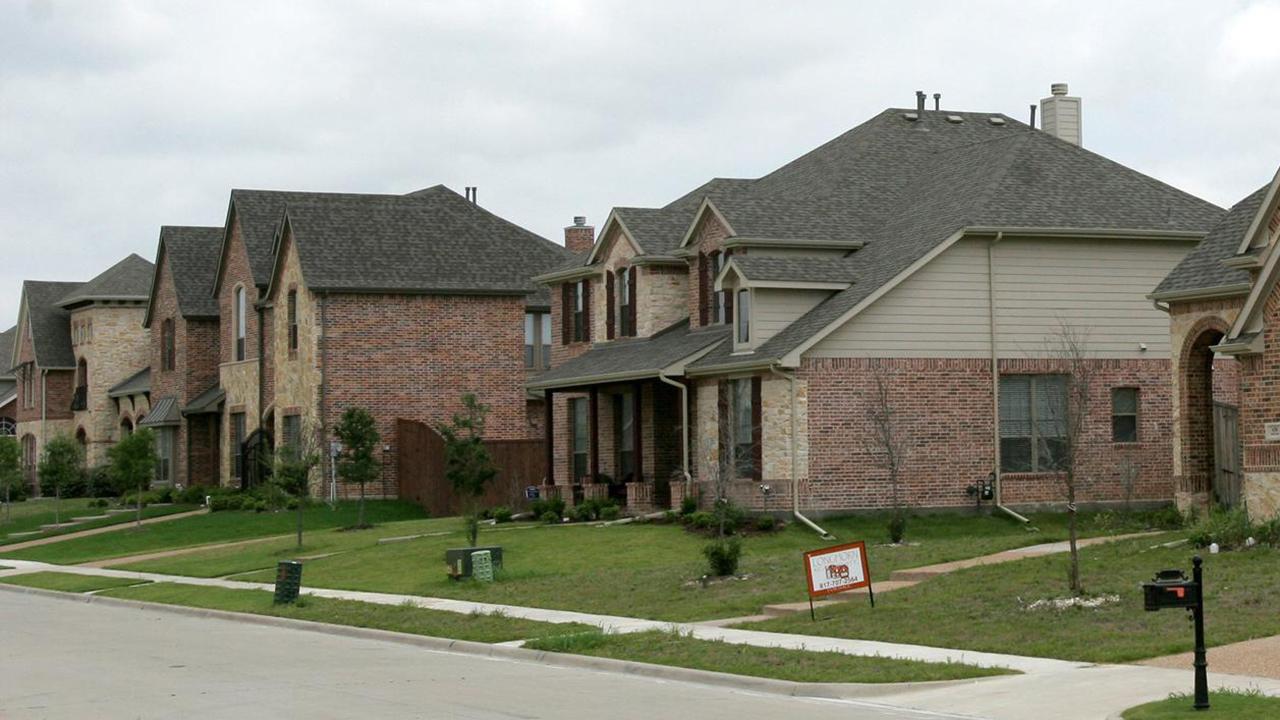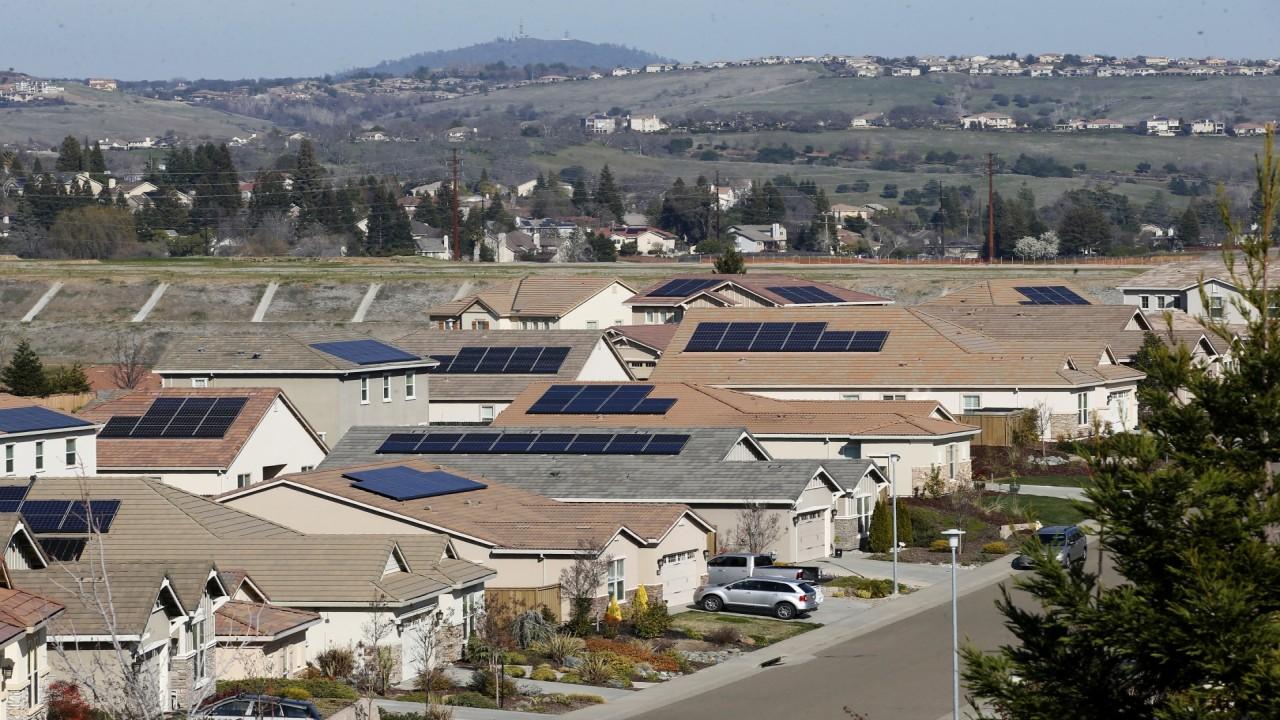What is a reverse mortgage?
COVID-19 has put finances top of mind for many homeowners
Get all the latest news on coronavirus and more delivered daily to your inbox. Sign up here.
As Americans live out their retirement years, their ongoing expenses might start to pile up, especially as the coronavirus fallout takes its toll on the economy and personal finance.
Some who are eligible may consider a reverse mortgage, a type of loan allowing the homeowner to withdraw a portion of their equity but not repay until they leave the house.
The primary homeowner must be at least 62 years old to apply for one.
A BUYER’S MARKET? PURCHASE APPLICATIONS RISE AS STATES PLAN ECONOMIC REOPENINGS
The least expensive option is a single-purpose reverse mortgage, according to the Federal Trade Commission. These loans are offered by some state and local government agencies, and non-profit organizations. They are not available everywhere, though.
The Home Equity Conversion Mortgage is one type of reserve mortgage, and it is insured by the federal government. HECM loans can be used for any purpose, the agency explained in a report. Proprietary reverse mortgages, on the other hand, are private loans.
PHOENIX, SEATTLE SEE BIGGEST PRE-CORONAVIRUS ANNUAL HOME PRICE GAINS
It may not be common to think about getting a reverse mortgage, Steve Irwin, executive vice president of the National Reverse Mortgage Lenders Association, told Bankrate.
Instead, people “think how they are going to pay for health care, fix the roof, pay the property taxes or have enough money to outlive their retirement. A reverse mortgage provides solutions to these issues and many others, so that people can live more financially secure lives as they age.”
CLICK HERE TO GET FOX BUSINESS ON THE GO
Homeowners that meet eligibility criteria and apply will have their finances evaluated, including credit history, any outstanding mortgage and be able to proof they can pay.
The money does not need to be paid back until the borrower dies or leaves the home.





















